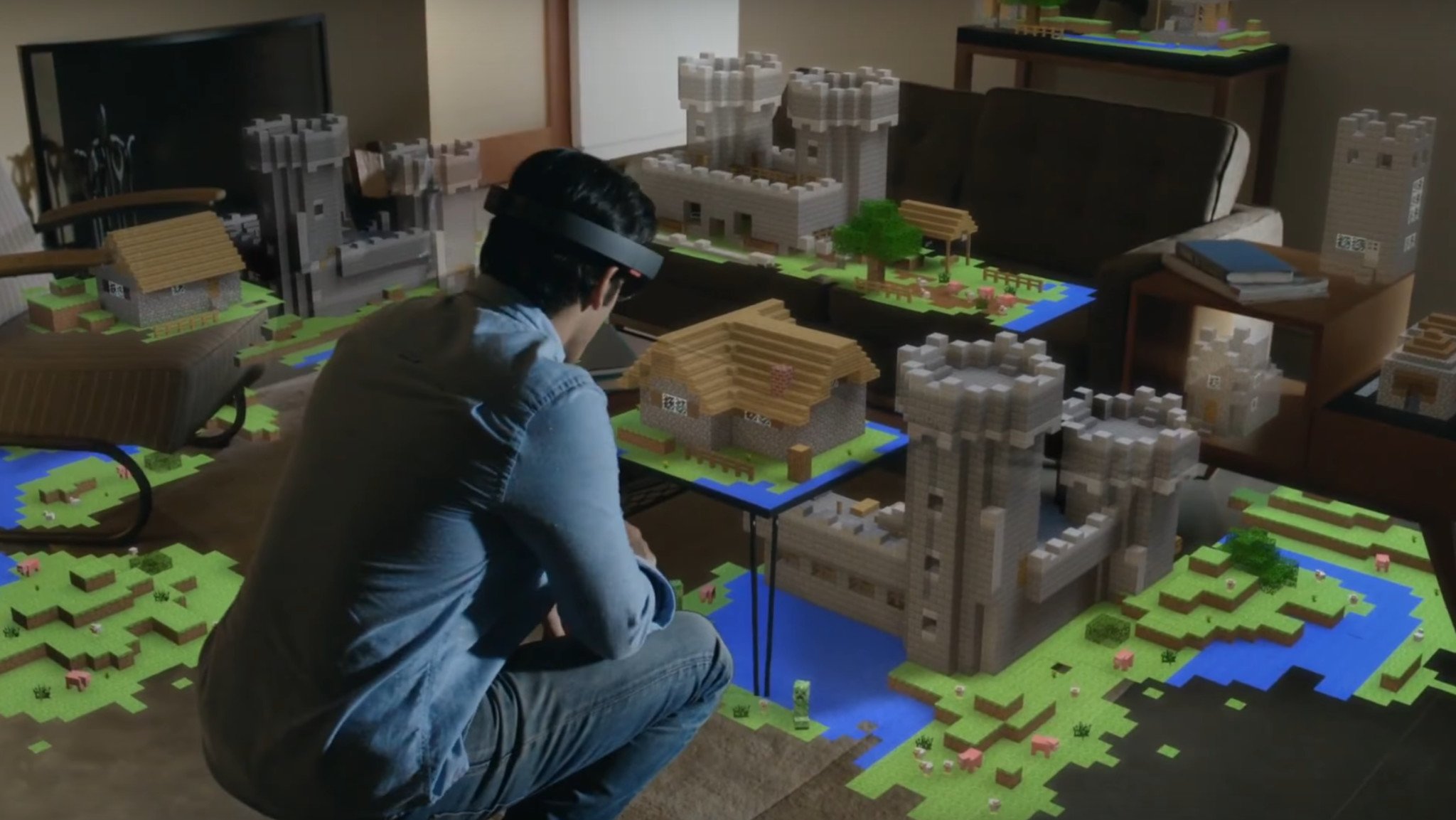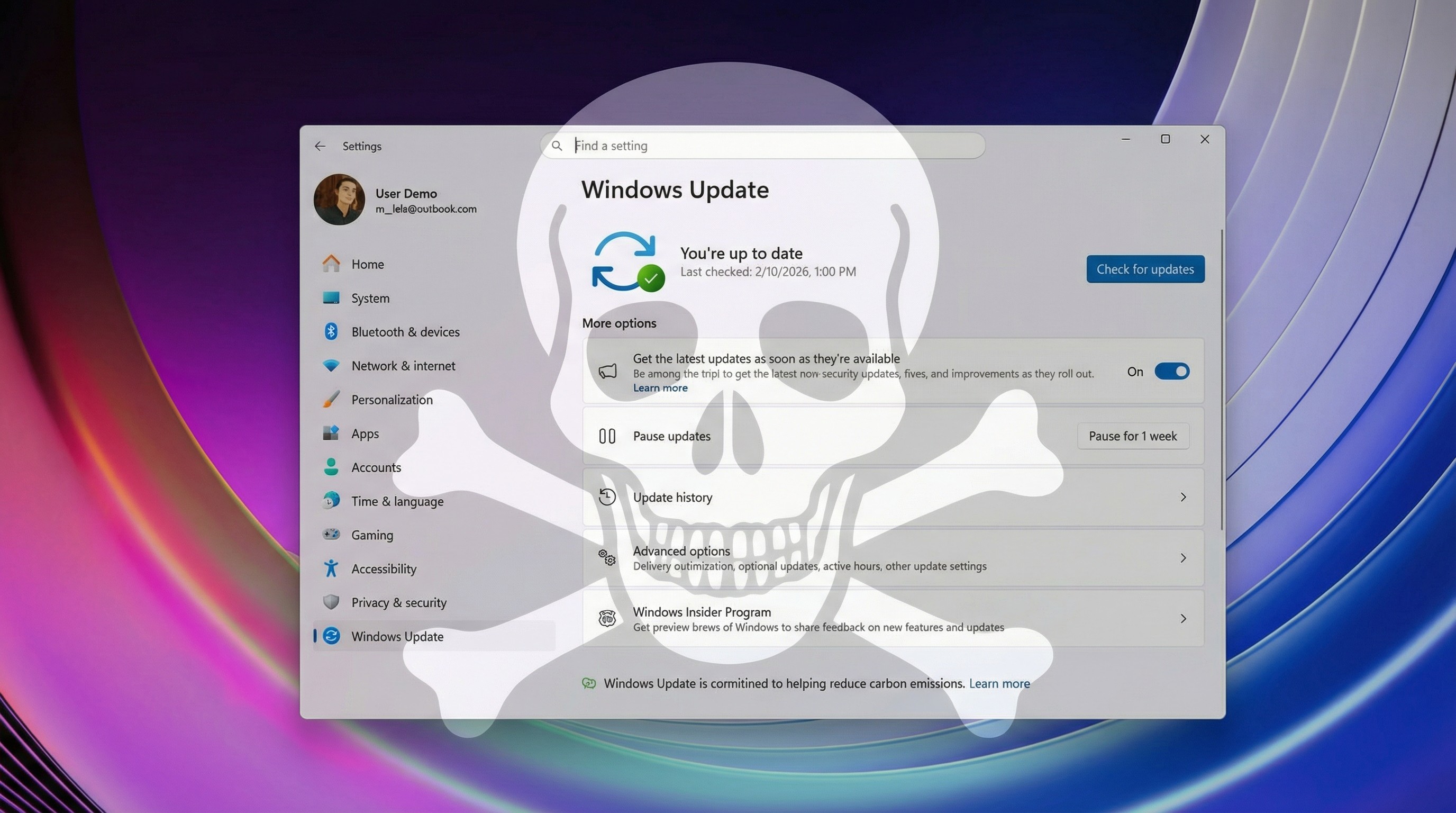Microsoft's HoloLens 3 's--t show' proves it still doesn't understand the consumer market
History seems to be repeating itself as Microsoft's mixed reality ambitions are a chaotic disaster.
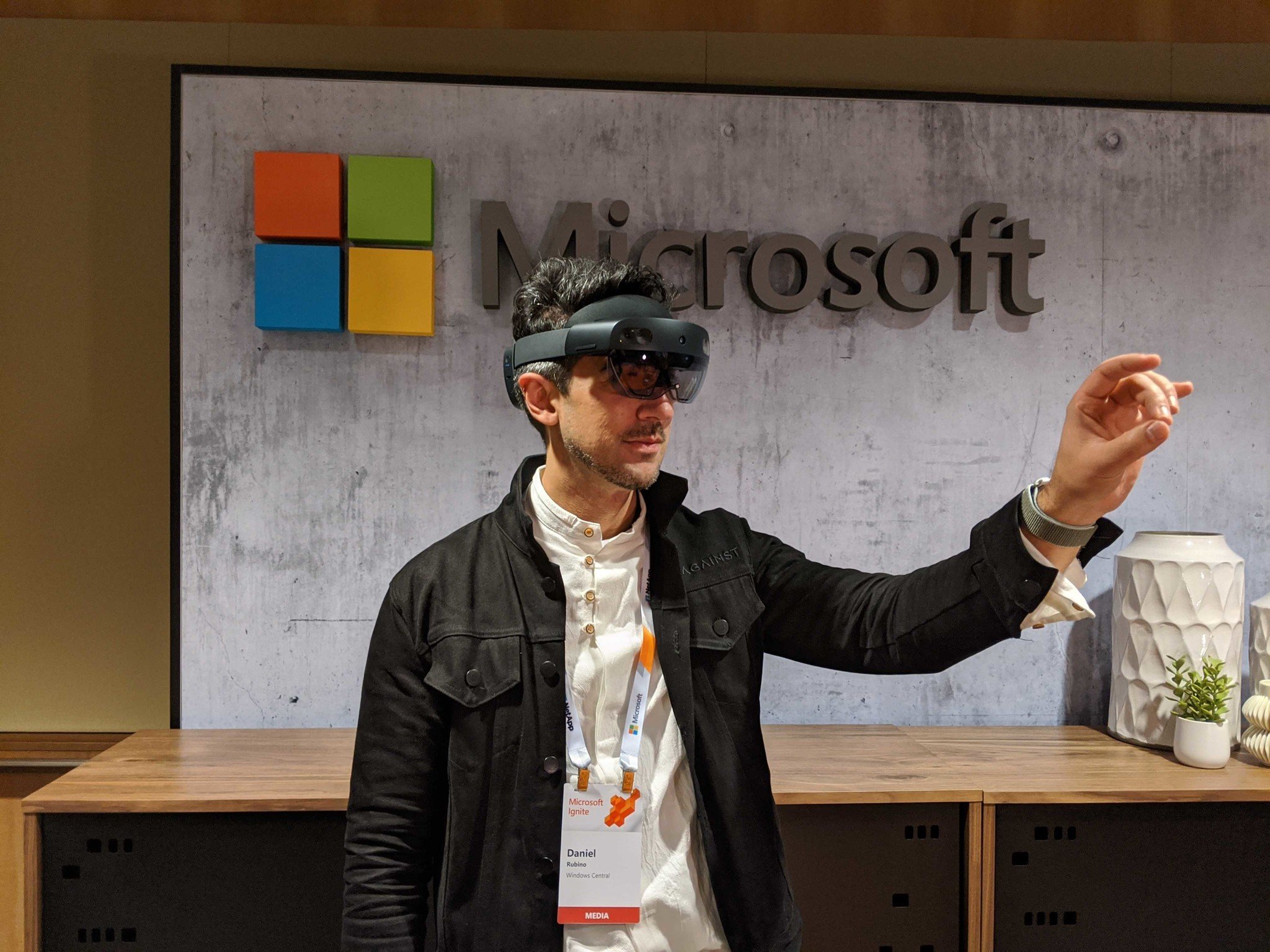
All the latest news, reviews, and guides for Windows and Xbox diehards.
You are now subscribed
Your newsletter sign-up was successful
Update 11 AM ET 2/4/2022: Microsoft's Alex Kipman has since posted a response claiming HoloLens 3 is not dead but did not address any of the other claims from the BI article.
Update 11 PM ET 2/4/2022: Business Insider has a new report that refutes Kipman, says HoloLens 3 is dead.
An explosive new report from Business Insider confirms everyone's worst fear regarding HoloLens and Mixed Reality: Microsoft has no idea what it's doing.
The story, which relied on reports from "more than 20 current and former employees," is a damming expose on the HoloLens division, headed by Microsoft technical fellow Alex Kipman. The entire program is apparently in complete disarray.
The news is devastating for those who thought that with HoloLens, announced in 2015, Microsoft would have an enormous advantage in the market because it was so early and ahead of everyone else.
In case you missed it, here is a tl;dr of Ashley Stewart's excellent reporting:
- HoloLens 3 was reportedly canceled in mid-2021.
- That timing was around when Microsoft partnered with Samsung for a mixed reality device.
- The choice to rely on Samsung for hardware while Microsoft focuses on software is causing disruption.
- The mixed reality and HoloLens teams are infighting over strategy: consumers vs. enterprise (and military).
- The leadership team has largely failed to address the concerns of employees working on these projects.
- The $22 billion Integrated Visual Augmentation System (IVAS) for the US military is having major quality issues and is behind schedule.
- At least 25 Microsoft mixed reality employees left Microsoft and joined Facebook's Meta in 2021, but it may be more than 100 employees.
It's no wonder why one Microsoft employee called it a "s--t show." I have never heard of such a division in this much chaos in all my years of covering Microsoft.
All the latest news, reviews, and guides for Windows and Xbox diehards.
History repeats itself
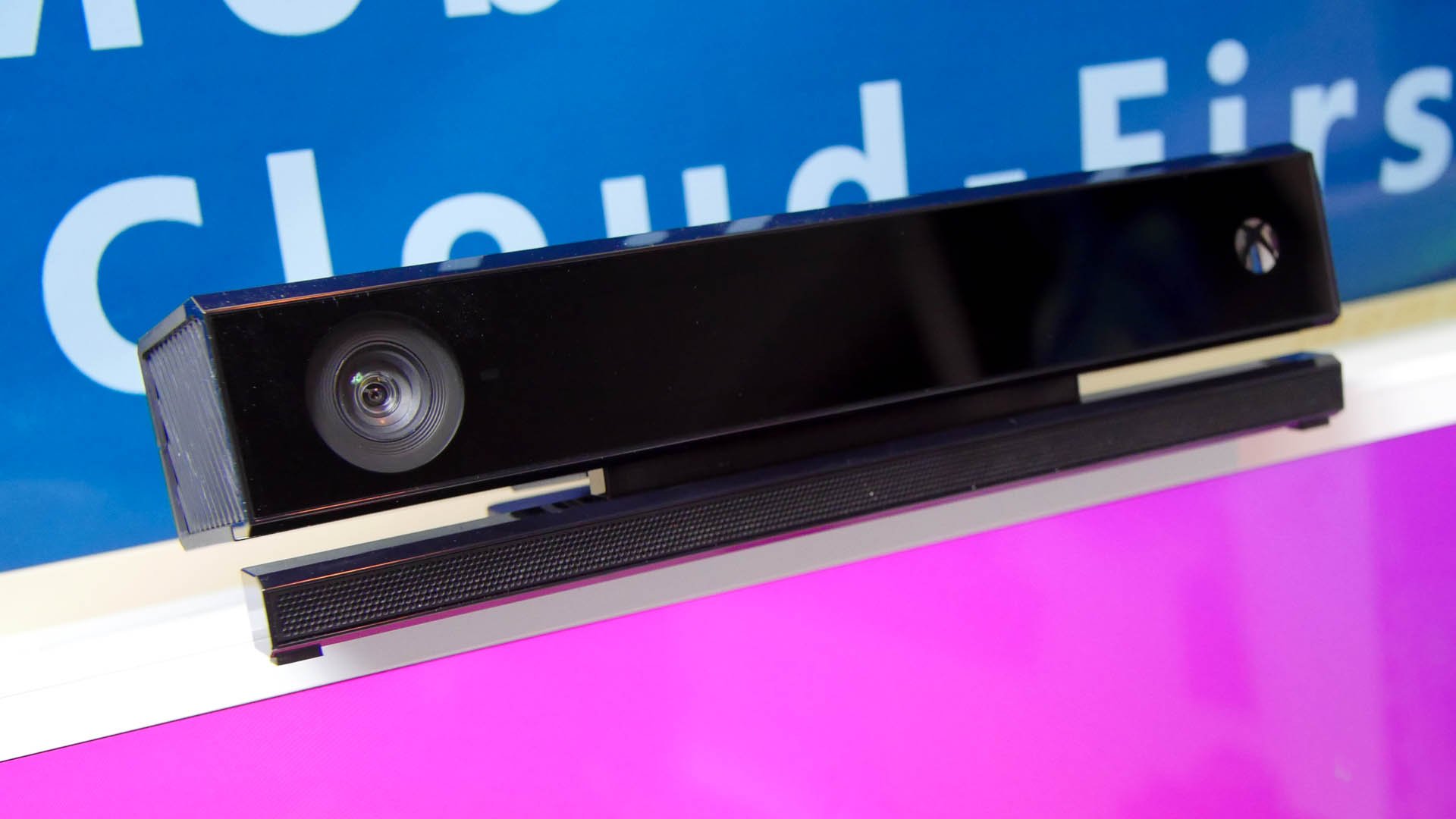
What's so troubling about all this negative news regarding Windows Mixed Reality is how familiar it all is to those who follow Microsoft. The company has a terrible track record of shipping consumer devices and creating new categories. There's Windows Phone, of course, but also Zune, the Courier Project, Surface Neo, Windows 10X, Project Andromeda, Kinect, Band, Kin, the entire Nokia acquisition, and some would lump in Surface Duo.
Even Windows Mixed Reality (WMR) has been in doubt despite being years ahead of anyone else, shipping free with all Windows 10 PCs, and having strong OEM support (HP, Lenovo, Acer, Samsung, and Dell all had WMR headsets).
On the contrary, Microsoft's Xbox division, save for a few shaky years, has been nailing it, which explains why it is pivoting (and investing) so heavily into it. And Surface, for the most part, has had strong (and innovative) releases that have seen many iterations.
But when it comes to cutting-edge, generation-defying products, Microsoft is very good at envisioning them but rarely sticks the landing. And the cause of the failure? It's rarely due to the product being awful. Instead, it's almost always attributable to lousy leadership, tumultuous strategy, lack of direction, and an inability to understand the market. I mean, we are talking about the same company that released its Kin phones at the same time it was selling Windows Mobile.
Interestingly, some in Microsoft's mixed reality division seem to know this past. The Samsung deal, which we speculated on the podcast, would have Microsoft do the software while Samsung did the hardware. It makes sense, as Samsung can not only ship things on a global level, but it also makes processors, RAM, storage, displays, and headphones all internally. Samsung does hardware very well. (Since this editorial went live, a new report sheds more light on the Samsung deal).
But, ironically, this decision to partner with Samsung is itself causing infighting within the mixed reality division. As reported by Business Insider:
It was even suggested by some that Microsoft should end the Samsung partnership, or do the bare minimum to fulfill it, in order to focus on its own projects, the employee said.
Microsoft even hired Apple's vice president of engineering, who helped spearhead the iPad and iPhone. He wanted to get to the market ahead of Apple with a mixed reality headset for consumers. Of course, which is it? Is Microsoft doing its own consumer mixed reality headset, or is it Samsung? No one seems to know.
The metaverse is still a joke
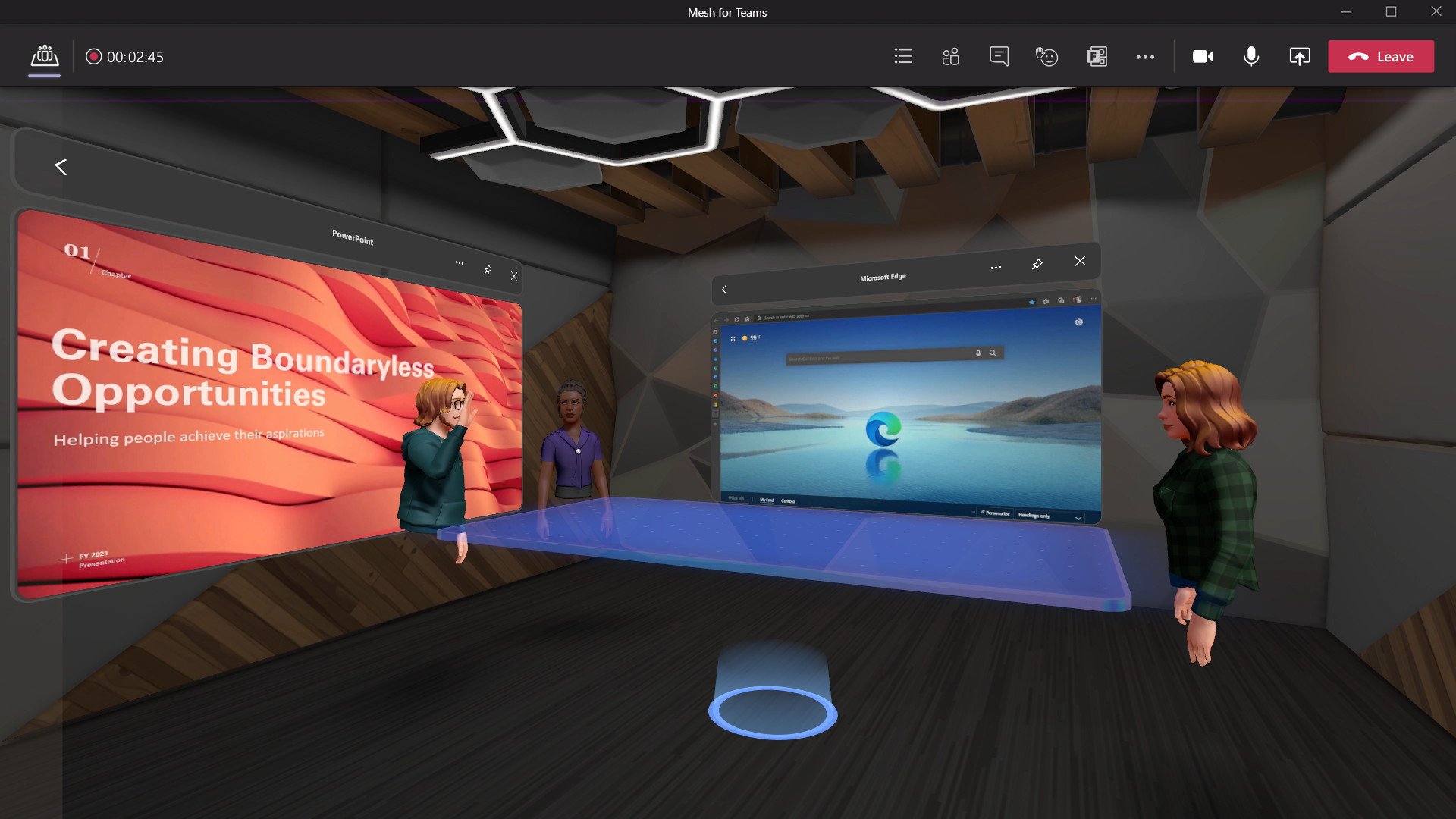
All these issues circle back to the main problem, which is that virtual reality (VR), mixed reality (MR), and augmented reality (AR) are still all cool ideas with little utility for regular people. That may change, but no one has been able to crack that nut so far. VR is still primarily for gamers with social sprinkled in, but it has a long way to go before being mainstream (if ever).
The recent trend of using "metaverse" as a buzzword for this technology is tragically hilarious. No one knows what it means. When examples are given, it refers to virtual reality … with avatars and a marketplace. Yeah, it's Second Life (2003), reborn but now with NFTs, virtual real estate, crypto, and idiotic venture capitalists. We get it. It's not cool.
Microsoft is caught up in this hype, too, even using the phrase when it talked about its recent announcement around the Activision Blizzard acquisition.
But if you have no idea what the metaverse is, neither does Microsoft. Even the teams working on it don't know what it is supposed to be and how to address it. The question is, will Apple? The company is rumored to release something in late 2022. If I were a betting man, I'd bet Cupertino is going to swoop in and dominate this market, followed by Google (who has its own rocky past in this segment). Microsoft mixed reality could be Windows Mobile all over again.
Time will tell what will become of Microsoft's mixed reality ambitions. Unless it gets back on track soon, trades in leadership, and brings on a visionary who can execute, this could all go down in another all-too-long list of Microsoft's "we were so far ahead we blew it" catastrophes.

Daniel Rubino is the Editor-in-Chief of Windows Central. He is also the head reviewer, podcast co-host, and lead analyst. He has been covering Microsoft since 2007, when this site was called WMExperts (and later Windows Phone Central). His interests include Windows, laptops, next-gen computing, and wearable tech. He has reviewed laptops for over 10 years and is particularly fond of Qualcomm processors, new form factors, and thin-and-light PCs. Before all this tech stuff, he worked on a Ph.D. in linguistics studying brain and syntax, performed polysomnographs in NYC, and was a motion-picture operator for 17 years.
